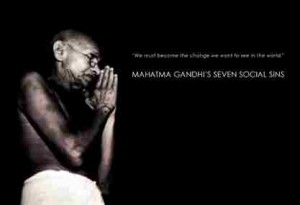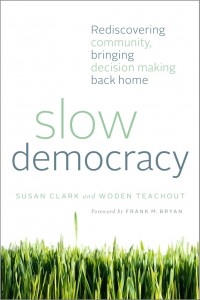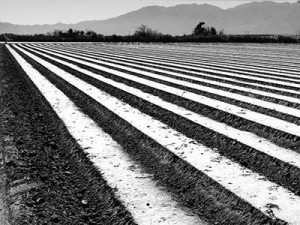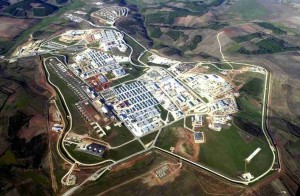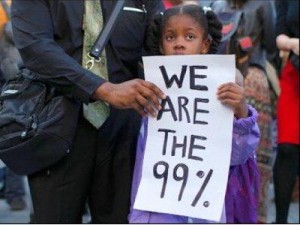The People Have Spoken
Voting? Done. Democracy? Just Begun.
by Erin Niemela
Election night is finally over.  Television can resume its originally broadcast programs and Facebook can return to cat memes and photos of our dinner.  We can go back to talking about our personal lives at work and our work lives at home.  Relatives can begin to 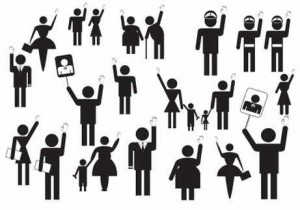 pick up the pieces of their divided relationships, while children can find some relief from the incessant blaring of talk radio on the drive to school. The people have spoken, they are tired, and they want at least a couple of years to nap, politically.
pick up the pieces of their divided relationships, while children can find some relief from the incessant blaring of talk radio on the drive to school. The people have spoken, they are tired, and they want at least a couple of years to nap, politically.
We may think our work here is done, at least for another two-four years, yet civic duty does not cease the moment you turn in your ballot. Voting every couple of years in the mass-distributed reality TV show we call “the election†neither constitutes a democracy nor mandates genuine change.  Direct action by an engaged citizenry creates and sustains democracy, and such direct democracy must be performed year-round.  While our elected officials seem keen on exporting democracy around the world, we should be developing democracy at home, as well. (more…)

